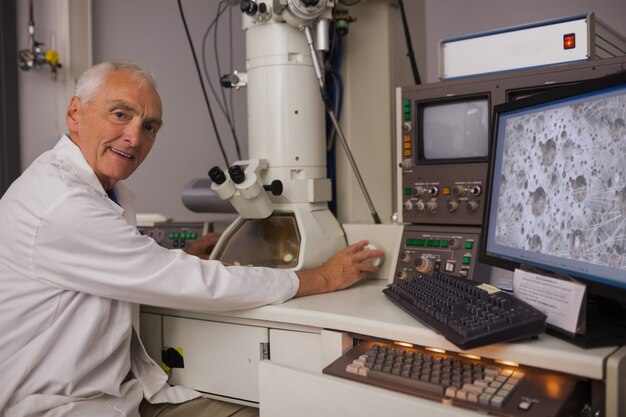How to Become a Nuclear Medicine Technologist: Essential Degrees and Certifications
Embarking on a career as a Nuclear Medicine Technologist blends the fascinating world of nuclear science with impactful patient care. To join this dynamic field, aspiring technologists must first pursue comprehensive education and training tailored to this specialty. Typically, earning an associate's degree in nuclear medicine technology is the foundational step, providing the necessary blend of scientific knowledge and technical proficiency. For those looking to expand their qualifications, a bachelor's degree offers not only an in-depth understanding but also a competitive edge in the job market. Furthermore, many states require technologists to be licensed, necessitating successful completion of specialized exams.
Aside from degrees, obtaining relevant certifications can significantly enhance a technologist's credentials. Certification through organizations like the Nuclear Medicine Technology Certification Board (NMTCB) or the American Registry of Radiologic Technologists (ARRT) is highly recommended. These certifications attest to a technologist’s skills and commitment to maintaining industry standards, often leading to better job prospects and higher salaries. With healthcare constantly evolving, pursuing continuing education is also beneficial to stay abreast of technological advancements and regulatory changes in the field.
Pathways to Becoming a Nuclear Medicine Technologist:
- 🎓 Associate's Degree in Nuclear Medicine Technology
- 🎓 Bachelor's Degree in Nuclear Medicine Technology/Health Sciences
- 📜 Certification through NMTCB or ARRT
- 🔖 State License (if required)
- 📚 Continuing Education Courses/Workshops
